To be an autonomous Runet? How global Network access restrictions work in other countries
Categories: Africa | Asia | Europe | Social Networks | World
By Pictolic https://pictolic.com/article/to-be-an-autonomous-runet-how-global-network-access-restrictions-work-in-other-countries.htmlThe law on the autonomous Runet has come into force, the essence of which has remained incomprehensible to many Russians. Perhaps only its creators know how it will work, so it's too early to panic and you should hope for the best. In the meantime, let's look at how restrictions on access to the global network work where such experience already exists. As it turned out, other countries also restrict their citizens from entering the expanses of the world Wide Web.
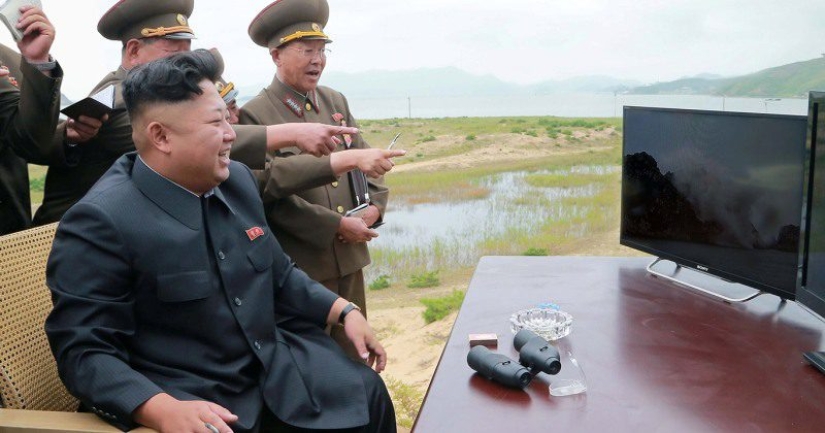
One of the most advanced systems for restricting access to the network is the Chinese firewall. It appeared back in 2003 as part of a project called "Golden Shield". At first, the system blocked only access to IP addresses and domain names, so it was possible to circumvent the restriction using a VPN. Now virtual private networks are prohibited by Chinese law, although some people continue to use them further.
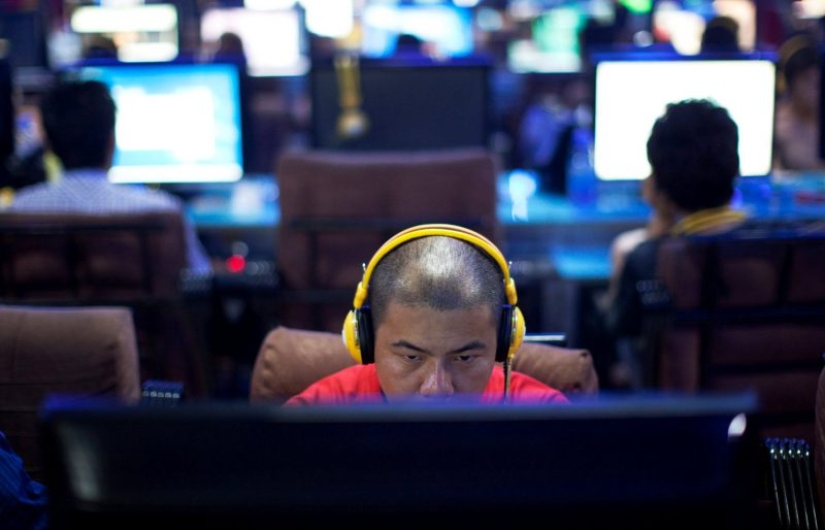
The Golden Shield system performs many important functions, for example, monitors the manifestation of abnormal activity, blocks by keywords, IP addresses and DNS, cuts off access to prohibited resources, recognizes unwanted requests. Also, the firewall provides the main thing — connection to the world wide web by passport.
Facebook Instagram, Telegram, Skype, Snapchat, Gmail and a number of other services popular all over the world do not work in China. The Chinese authorities are ruthless towards violators — criminal liability is provided for the creation of a VPN service, up to imprisonment.
As a rule, restrictions on access to the global network in Iran begin to take effect during mass protests. In 2018, Telegram and Instagram were blocked by the decision of the authorities in the country. In addition, sanctions are also applied to individual cities where the Internet can be turned off in order to "ensure the safety of citizens."
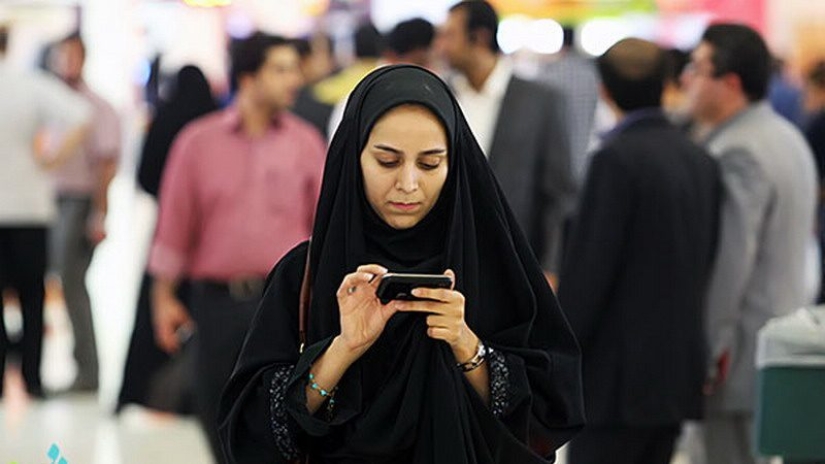
The most massive outages in the history of the Internet in Iran occurred in October 2019. Then a good half of the country lost access to the network. The creator of Telegram, Pavel Durov, said that before completely blocking the service, the Iranian authorities contacted his company with a demand to block a number of channels, one way or another, related to protest forces.
In the DPRK, only certain organizations and a privileged circle of people have access to the global network. High-ranking government officials and intelligence officers can also use the Internet. It is very difficult to get into the list of the chosen ones — Kim Jong-un himself reviews and approves the candidacies of those who will be able to enjoy the benefits of civilization.
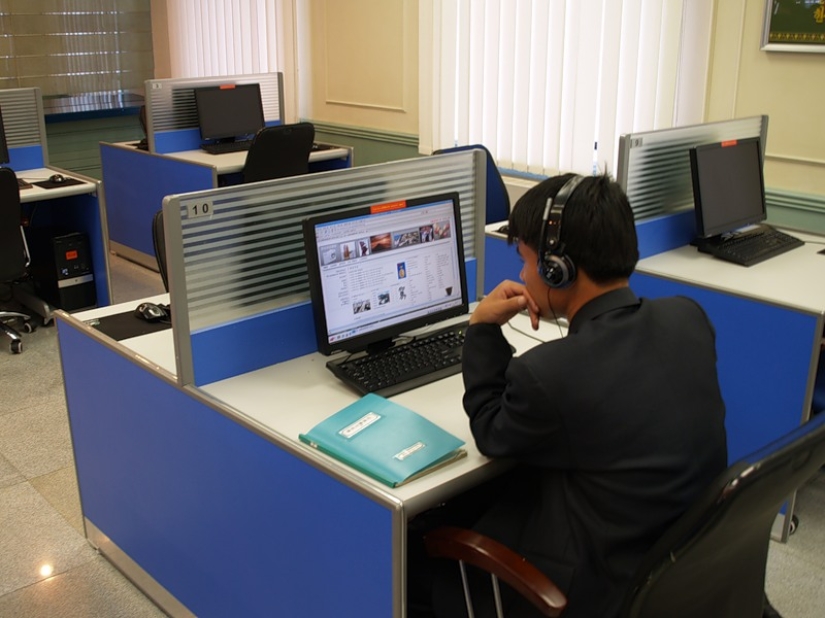
For ordinary people in the country there is an internal network of "Kwanmen", deprived of connection with the global Internet. The connection in this network takes place via telephone lines using dialup technology. The network provides access to a very limited number of foreign sites, which are carefully selected by censors.
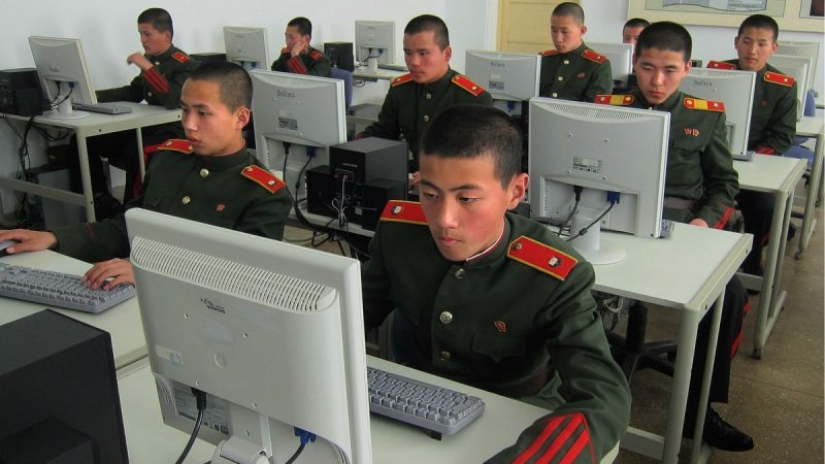
At the same time, it should be particularly noted that most of the content used in the country is of North Korean origin. The DPRK uses browsers from its own developers, as well as mail services created specifically for the needs of residents of the country.
In African countries, a variety of forms of restricting access to the World Wide Web are practiced. In Ethiopia, as in In Iran, the availability of the Internet depends on the socio-political situation. In case of mass riots, the network is immediately disconnected throughout the country.
Disconnections have been practiced since 2015, and at the same time, the reason for blocking may be the most unexpected. The longest was the summer shutdown of 2019, when due to university entrance exams, the network was absent in the country for a whole week. The Ethiopian restriction system works very simply, because there is only one Internet provider in the country.
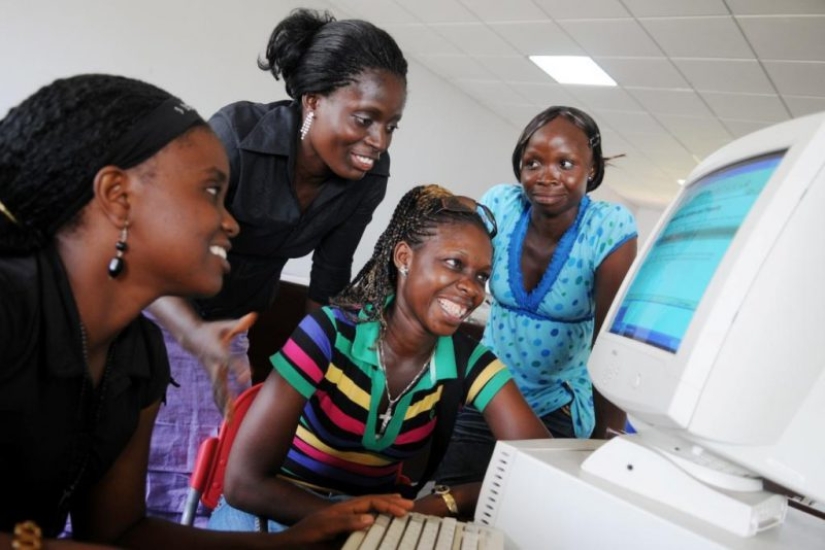
In Uganda, the Internet has been made a good source of replenishment of the state budget. Residents of this country, in order to use many services, must pay a special tax. It is known that such rules apply to more than 60 sites, including popular video hosting and social networks.
In order to freely use all social networks and messengers, a user from Uganda needs to pay 200 shillings, which is a lot for most residents of this poor country. Yes, you also need to pay for the Internet access itself, but separately. Due to such rules, the number of Internet users in this country is small and continues to decline.
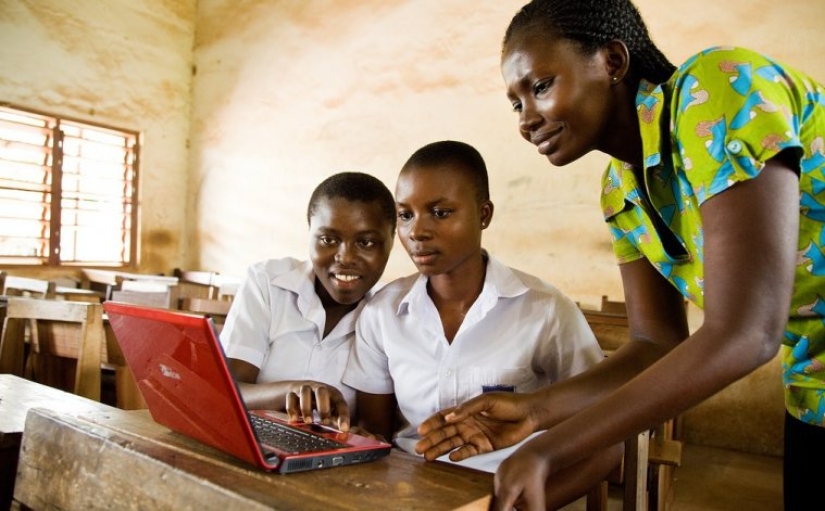
In Burundi, the Government also turns off the Internet at its discretion. Since 2015, there has been no access to almost all international social networks and messengers in this country, including Facebook, Twitter, WhatsApp and Viber. Many sites and services are blocked, but those who need them connect to them using a VPN without any problems.
In 2017, as part of the sanctions against the Russian Federation, a number of websites and services were blocked in Ukraine. In particular, residents of the country are deprived of the opportunity to use Yandex and the services provided by Mail.Ru Group. The websites of antivirus software manufacturers are also unavailable Kaspersky Lab software, DrWeb and developer of popular accounting software 1C.
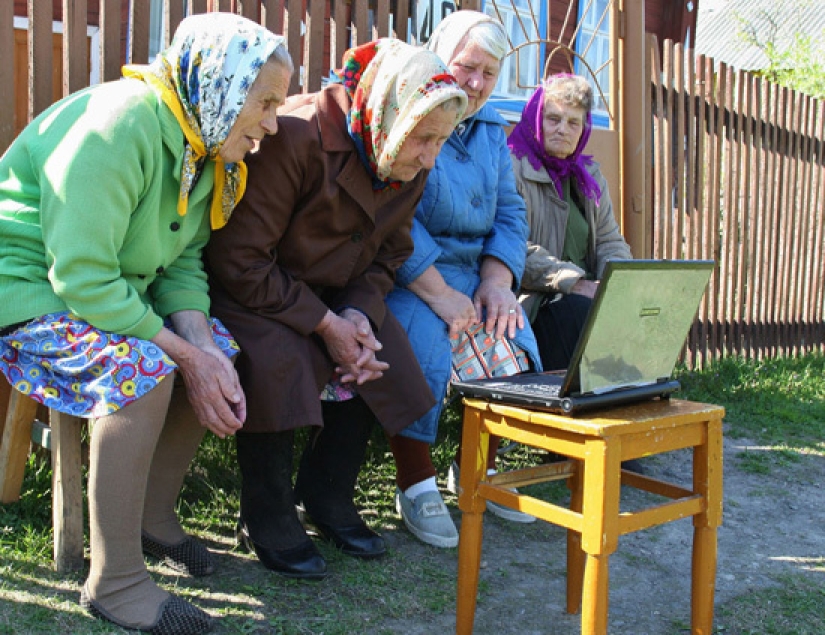
Interestingly, despite the restrictions, in 2019, Russian resources entered the top 10 most popular sites in the country. Thanks to the massive use of proxy servers by Ukrainian users, Vkontakte ranks sixth in popularity, Yandex ranks ninth, and Odnoklassniki ranks tenth.
As in many other countries of the world, the Internet is blocked in Kazakhstan in order to avoid mass riots. In 2016, when the country was engulfed by rallies against land reform, VKontakte, WhatsApp, Viber and YouTube, as well as the long-suffering Facebook and Twitter, were turned off.
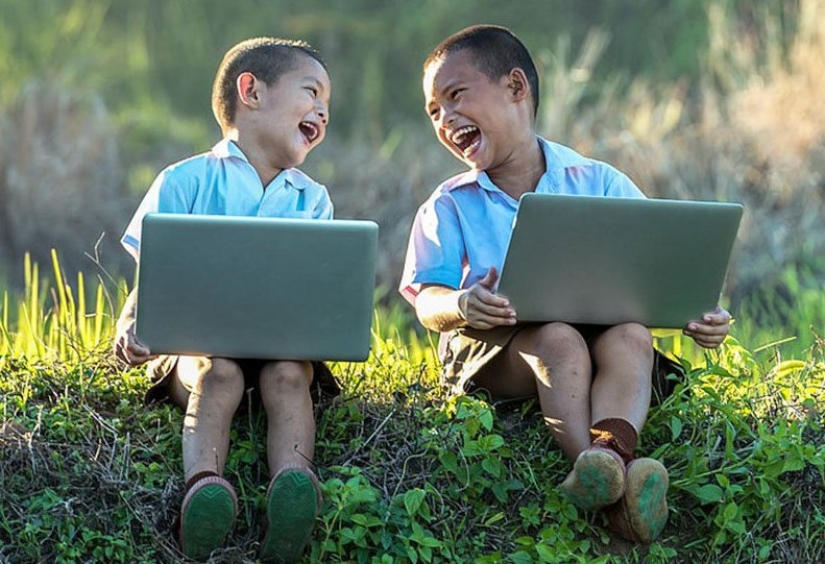
Just a year later, the same services and websites were disabled due to a mass brawl between citizens of Kazakhstan and India. In 2019, some resources were blocked before the early presidential elections. Gradually, access to them returned, and the authorities categorically denied their involvement in the outages.
For the first time, such a practice was resorted to in Kazakhstan in the very beginning of the 2000s. While Nursultan Nazarbayev was in power, such popular resources as Medusa, Pikabu, Reuters, SoundCloud, LiveJournal, Ozon, Reddit, Pornhub, as well as thousands of other less well-known sites were blocked.
Keywords: Riots | Blocking | Internet | Messengers | Runet | Freedom | Censorship
Post News ArticleRecent articles

It's high time to admit that this whole hipster idea has gone too far. The concept has become so popular that even restaurants have ...

There is a perception that people only use 10% of their brain potential. But the heroes of our review, apparently, found a way to ...
Related articles

Many guests of the Island of Freedom, barely having time to set foot on Cuban soil, hear from the guides & # 8212; " Have time to ...

China is undoubtedly an amazing and bright country that has made a big step forward in the field of technology and lifestyle in ...

Once in the Venezuelan capital Caracas, one cannot miss the huge building spiraling "Helix". It's like the citadel rises above the ...

New Year's is a time to surprise and delight loved ones not only with gifts but also with a unique presentation of the holiday ...